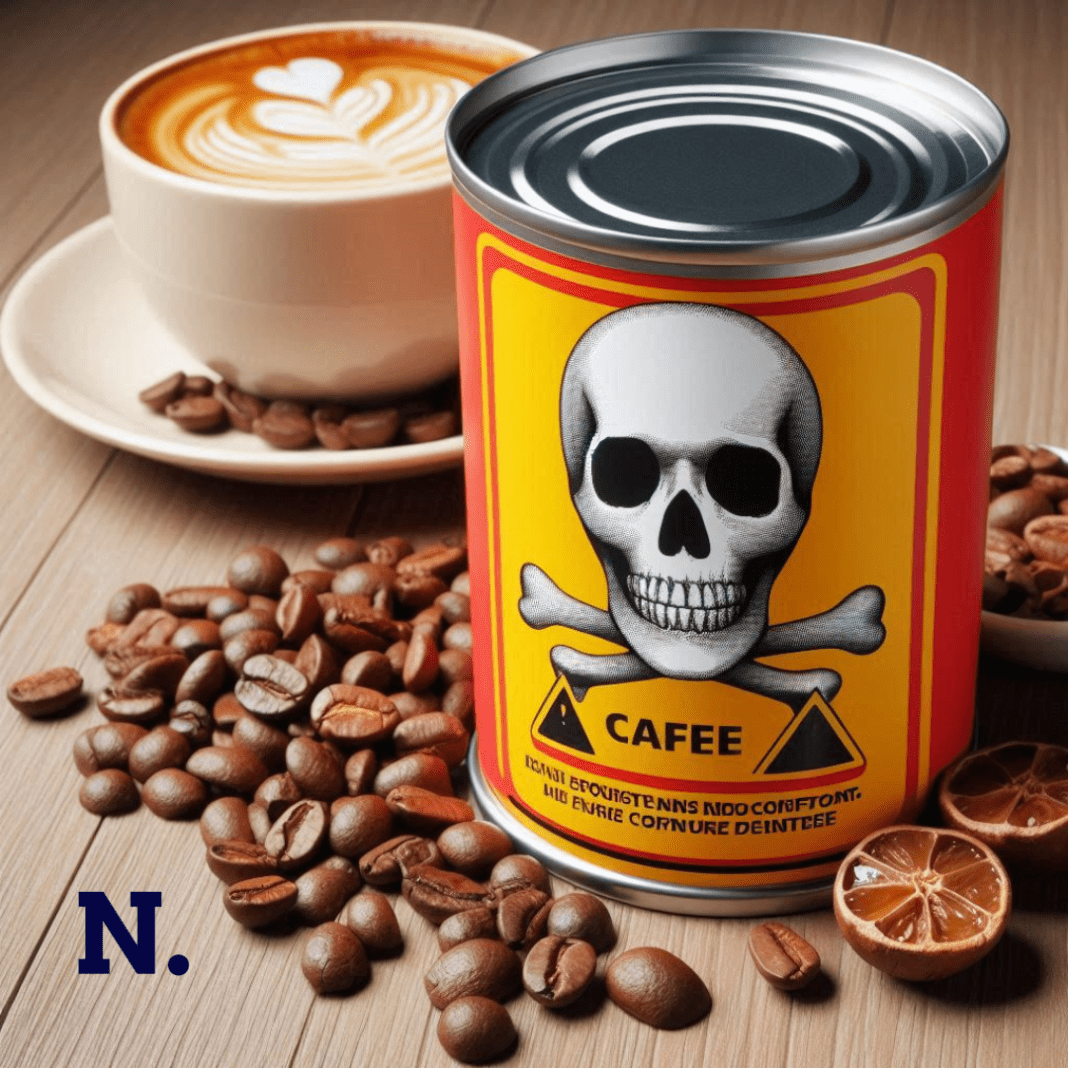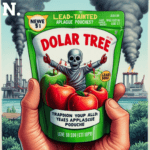The U.S. Food & Drug Administration (FDA) has announced a voluntary recall of all canned coffee products by Snapchill LLC. The recall affects products still within their expiration dates. Concerns about the manufacturing process initiated the recall. The process may not effectively prevent the growth and production of botulism, a potentially deadly toxin. No illnesses have been reported to date. The FDA contacted Snapchill after identifying a regulatory issue. The company had not filed its canning process with the FDA as required by regulation.
Understanding Botulism & it’s Treatment
A toxic substance that targets the body’s nerves can induce botulism, a serious and sometimes deadly disease. After eating tainted food, symptoms may appear anywhere from six hours to two weeks later. Generalized weakness, vertigo, double vision, difficulty swallowing or speaking, breathing difficulties, muscular weakness, bloating, and constipation are some of these symptoms. Seek medical assistance promptly if you experience indications of botulism due to the severity of these symptoms.
The botulinum toxin is so potent which makes botulism one of the most serious cases of food poisoning. As the poison suppresses nerve activity, paralysis of the muscles and airways occurs. The toxin comes from the bacteria Clostridium botulinum, found in low-oxygen settings like canned foods. It is imperative to follow the right canning procedures to stop this bacterium from growing and from producing its poison.
The treatment of botulism involves several critical steps aimed at stopping the progression of the disease and managing its symptoms. Immediate administration of an antitoxin is essential to neutralize the botulinum toxin circulating in the bloodstream, although it cannot reverse the damage already done to the nerves. In cases of severe respiratory distress, doctors may need to use mechanical ventilation to support breathing. Additionally, patients might need supportive care, including intravenous fluids, nutritional support, and wound care if the botulism is wound-related. Early medical intervention is crucial, as the toxin can cause rapid and severe paralysis. Recovery can be prolonged, requiring weeks to months of rehabilitation to regain muscle function and strength.
FDA’s Role in mitigating Botulism risks
Snapchill distributes the recalled canned coffee products nationwide in the USA in 7 and 12-ounce amounts. Snapchill produces and distributes a huge variants of coffee under a variety of brands. The FDA urges customers to search their cupboards and refrigerators for these products. The inscription “Produced and distributed by Snapchill LLC” appears beneath the nutrition data label, designating cans made by Snapchill. “Snapchill Coffee” is an additional feature included on the label of some products.
The FDA’s involvement underscores the importance of regulatory oversight in ensuring food safety. By contacting Snapchill, the FDA highlighted the necessity for companies to adhere to proper manufacturing processes to prevent potential health risks. The agency’s prompt action in notifying Snapchill and announcing the recall demonstrates its commitment to protecting public health.
Importance of Compliance with FDA Regulations
Snapchill’s recall highlights the critical importance of compliance with FDA regulations. The company did not file its canning process with the FDA, which requires this step to ensure food product safety for consumption. Filing these processes allows the FDA to review and verify that appropriate safety measures are in place. Non-compliance can lead to significant health risks, as seen in this case with the potential for botulism.
The recall impacts many coffee companies, worrying customers who may have bought these goods. Coffee lovers are fond of brands like Vivid, Knowledge Perk, Coffee Hound, and Cape Cod Coffee. Consumers should read the labels on any canned coffee goods they own and throw away any that fit the recall criteria. The Snapchill label under the nutrition data identify the impacted goods.
Preventive Measures and Consumer Safety
To prevent botulism, it is crucial for food manufacturers to follow strict canning protocols that inhibit the growth of Clostridium botulinum. These protocols require ensuring that the canning environment is free from contamination and heating the products to temperatures that destroy the bacteria. Consumers can also take preventive measures by purchasing products from reputable brands that adhere to FDA regulations and by checking for recall notices.
Snapchill has cooperated with the FDA’s recall announcement and is taking steps to address the issue. The company has acknowledged the oversight and is working to file the necessary documentation with the FDA. Snapchill is also informing retailers and consumers to remove the recalled products from shelves and properly dispose of them.
Reflections
The recall of over 100 canned coffee brands due to the risk of botulism highlights the importance of stringent food safety practices and regulatory compliance. The FDA’s swift action in notifying Snapchill and announcing the recall serves as a reminder of the critical role regulatory bodies play in protecting public health. Consumers are urged to check their pantries and refrigerators for affected products and to remain vigilant about food safety. The cooperation between Snapchill and the FDA underscores the necessity of adherence to safety protocols to prevent potential health hazards like botulism.





